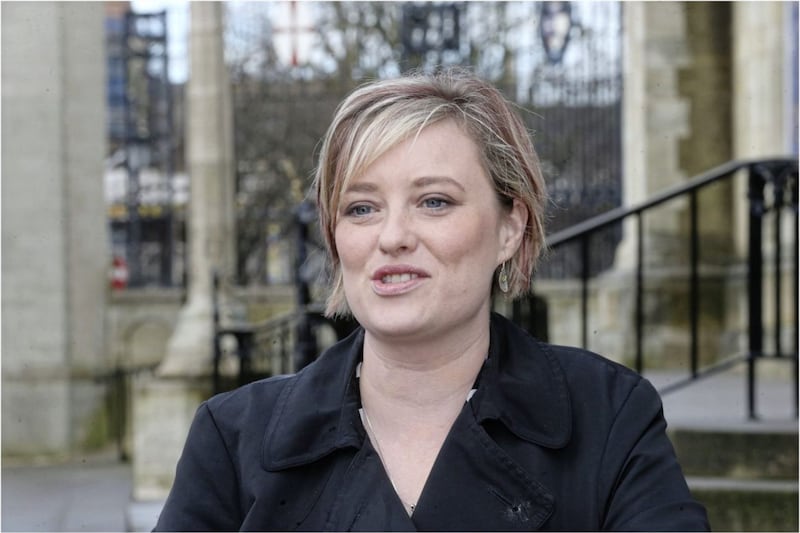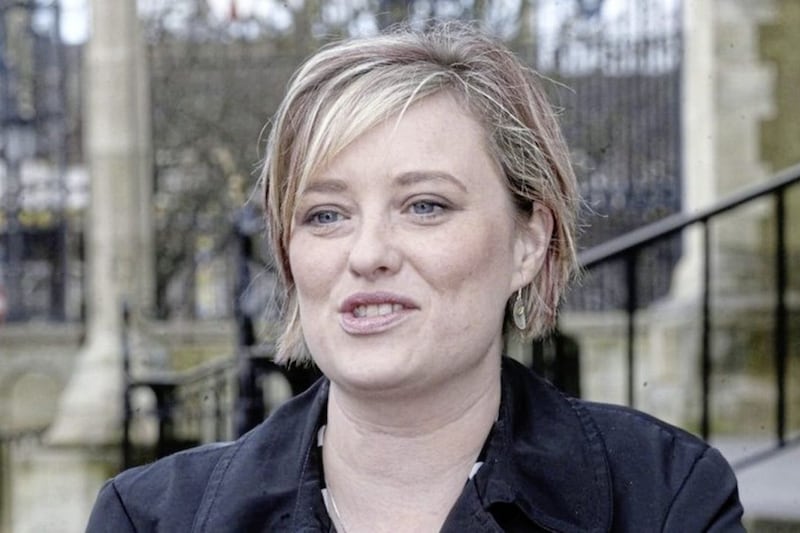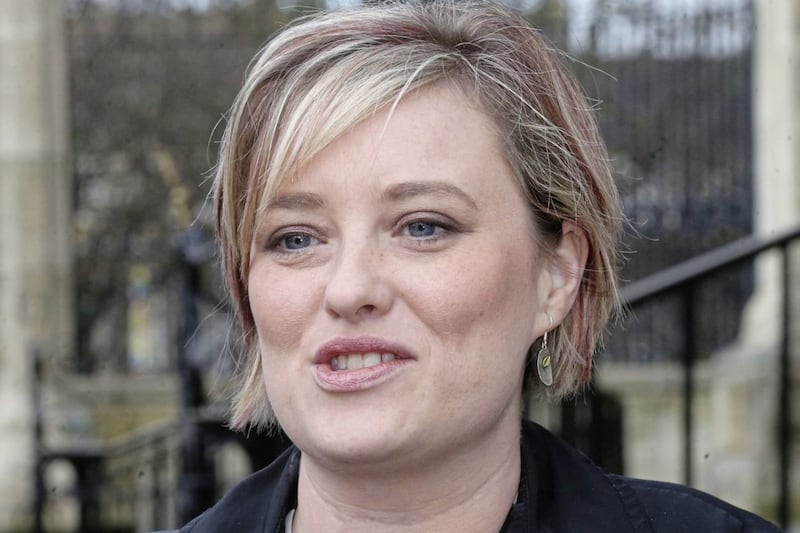A CASE challenging the law which requires election candidates to publish their home addresses will be heard at Belfast High Court today.
It is being brought by former SDLP councillor Máiría Cahill and the Human Rights Commission.
Last year Ms Cahill, an Irish Labour Party Senator before she joined the SDLP, withdrew from the local council elections over concerns for her personal safety.
She pulled out of a bid to retain her seat on Lisburn and Castlereagh Council in the May 2 poll over the obligation to reveal her address, and felt she was unable to stand in the European Parliament elections for the same reason.
She has an indefinite court restraining order against an individual, and believes publishing her address would put her at risk.
Ms Cahill came to public attention in 2010 by claiming she had been raped as a teenager by a member of the IRA.
The legal challenge has been lodged against the Secretary of State for Northern Ireland and the chief electoral officer.
The initial hearing took place in November, when the court heard the secretary of state had sought to amend the current law but had been prevented from doing so by the dissolution of parliament.
His lawyers confirmed cross-party support for a change to the law once a new parliament was formed at Westminster.
Chief commissioner Les Allamby said the commission "strongly believes" that election candidates in Northern Ireland must be extended the same protections as elsewhere in the UK.
"In the commission's view, being able to put yourself forward for election locally is a fundamental part of our democracy. The requirement for an individual's name and address to be published disproportionately affects the right to privacy and may impact on an individual's ability to stand in a local election," he said.
"We want a clear and short time frame for a change in the law to allow a candidate's home address not to be published where there are reasonable circumstances for withholding it such as fear of domestic violence."
Ms Cahill thanked the commission for its support and said the case was important not just for herself "but on the potential precedent it can set for anyone in or considering running for local public office who currently has fears for their safety".
"People should not be forced into a position where they have to give up running for public office because a discriminatory and outdated law could put them at risk," she said.
"A law change in this area would benefit all representatives in Northern Ireland but particularly people who are victims of domestic violence and abuse, or those with concerns for their safety."








